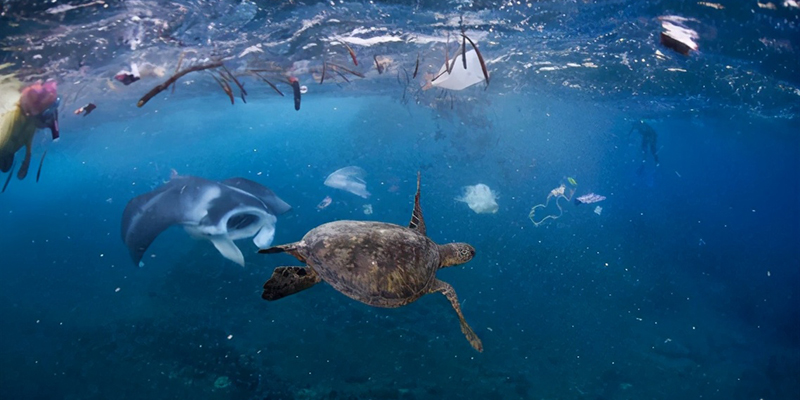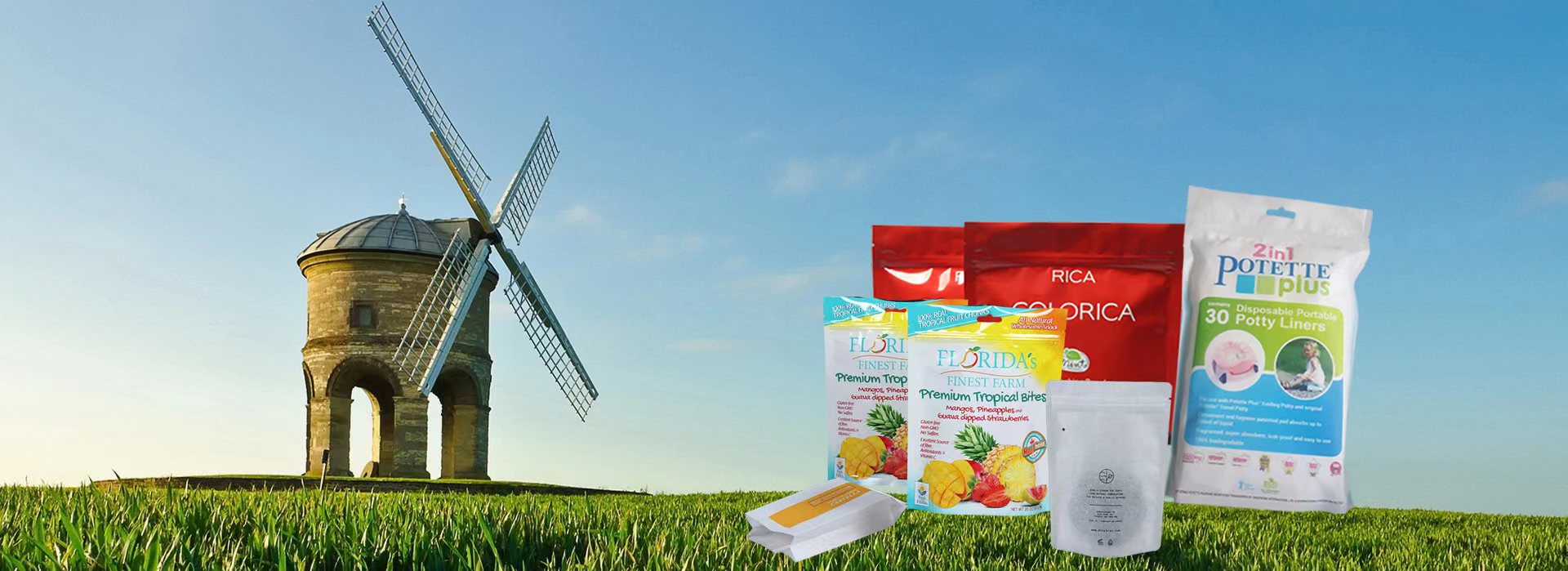Fully Bio-degradable Materials

While creating modern civilization, all kinds of plastic products also bring white pollution. Disposable tableware, disposable plastic products and agricultural plastic film are difficult to recycle, and their treatment methods are mainly incineration and burial. Incineration will produce a lot of harmful gases and pollute the environment. The polymer in the landfill can not be decomposed by microorganisms for a short time and pollute the environment. The residual plastic film exists in soil, which hinders the development of crop roots and the absorption of water and nutrients, reduces soil permeability, and leads to crop yield reduction. Animals can die of intestinal obstruction after eating the plastic wrap. Synthetic fiber fishing nets and lines lost or abandoned in the ocean have caused considerable harm to Marine life, so it is imperative to advocate green consumption and strengthen environmental protection. Biodegradable materials conforming to the trend as high-tech products and environmental protection products are becoming a research and development hot spot.



One is completely biodegradable materials, such as natural polymer cellulose, synthetic polycaprolactone, etc., whose decomposition mainly comes from: ①the rapid growth of microorganisms leads to the physical collapse of plastic structure; ② Due to microbial biochemical action, enzyme catalysis or acid-base catalysis of various hydrolysis; ③ The chain degradation of free radicals caused by other factors.
The other category is biodisintegrating materials, such as starch and polyethylene blends, whose decomposition is mainly due to the destruction of additives and the weakening of the polymer chain, causing the molecular weight of the polymer to degrade to the extent that it can be digested by microorganisms, and finally to carbon dioxide (CO2) and water.
Most bio-disintegrating materials are blended with polyethylene and polystyrene by adding starch and photosensitizer. Studies have shown that starch-based biodegradable plastic bags will eventually end up in the landfill, out of contact with sunlight, even if there are biological degradation, the degradation is mainly bio-degradation. A certain time test shows that there is no obvious degradation of garbage bags, garbage bags have no natural damage.
To solve environmental pollution, although starch based plastics are more effective than disposable plastic products, but still use non-biodegradable polyethylene or polyester materials as raw materials, can only be semi-degradable materials, in addition to the added starch can be degraded, the remaining large number of polyethylene or polyester will still remain and not fully biodegradable, only decomposed into fragments, unable to be recycled. Therefore, complete biodegradable materials become the focus of the research of degradable materials.
Post time: Mar-26-2023

